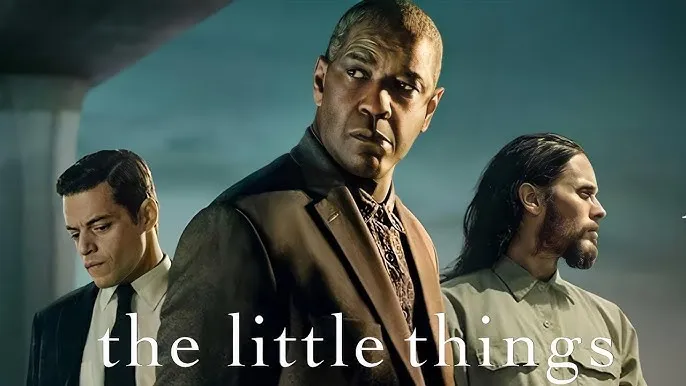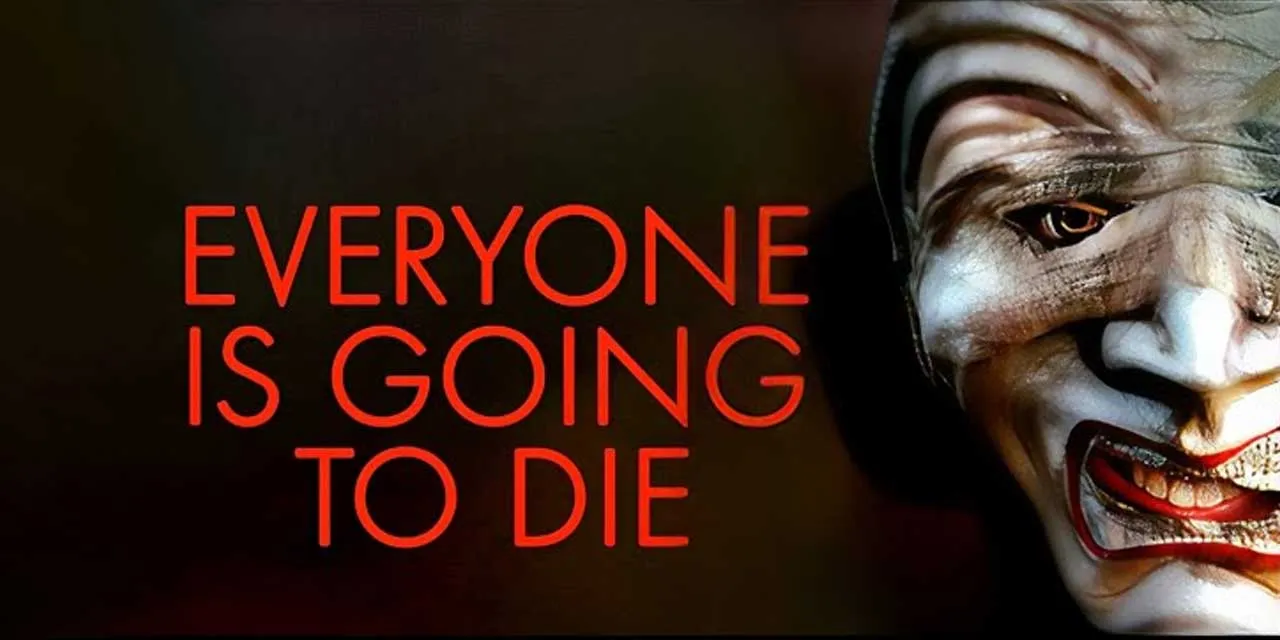L.I.E. (2001) – A Harrowing Coming-of-Age on the Edge of Innocence
L.I.E. (short for "Long Island Expressway") is a 2001 independent drama that challenges conventional narratives of adolescence with unflinching honesty and emotional depth. Directed by Michael Cuesta, the film walks a razor-thin line between vulnerability and discomfort, telling the story of a teenage boy grappling with grief, isolation, and the moral gray zones of adulthood.
The film centers on Howie Blitzer, played with quiet intensity by Paul Dano in his breakout role. At fifteen, Howie is a smart but emotionally adrift teenager living in a Long Island suburb. His mother has recently died in a car crash on the L.I.E., and his father is emotionally absent, preoccupied with legal trouble and a new girlfriend. Howie’s world is one of crumbling foundations — suburban comfort wrapped in silence, neglect, and unspoken trauma.

Drawn into a group of petty teenage delinquents, Howie befriends Gary, a rebellious boy with connections to an older man known as Big John Harrigan (played by Brian Cox). A former Marine and convicted pedophile, Big John is a deeply complicated character. He exudes charm and paternal kindness, masking a deeply disturbing history. When Gary disappears, Howie ends up in Big John's care, and the dynamic between them becomes the unsettling heart of the film.
What makes L.I.E. powerful — and controversial — is its refusal to sensationalize. It doesn't excuse or romanticize predatory behavior, but it also doesn’t present its characters as simplistic villains or victims. The relationship between Howie and Big John is fraught, layered with tension, loneliness, manipulation, and fleeting moments of understanding. It is precisely this ambiguity that gives the film its unsettling power.

Brian Cox delivers a chilling yet restrained performance, refusing to play Big John as a caricature. Paul Dano, in one of the most fearless teenage performances of the decade, brings a rawness and internal struggle that anchors the film in emotional reality.
Shot with a handheld, intimate style, the film captures the detachment and disorientation of adolescence in a world that fails to provide moral clarity. The Long Island Expressway, always looming in the background, becomes a metaphor for lost direction and paths that lead nowhere.
L.I.E. is not easy viewing — nor should it be. It’s a sobering, quietly devastating look at the spaces where childhood ends and something much darker begins.



